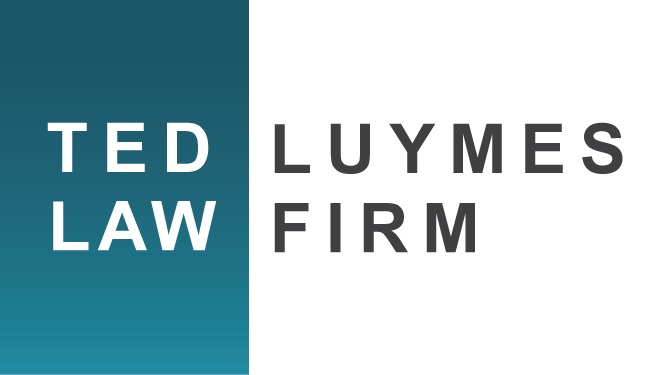Hurricane Dorian was lashing the Bahamas when it happened – some Amazon sellers found their accounts shut down with this vague notice:
“We have suspended your selling privileges for violation of Amazon Marketplace Fair Pricing Policy and Seller Code of Conduct.”
There was no warning – not even a clue about what triggered the account suspensions, leaving sellers scrambling to figure out what went wrong.
The Fair Pricing Policy is usually invoked to block or suspend single listings when, for instance, a multi-pack is priced higher per unit than individual units. There are a lot of other ways to violate the Fair Pricing Policy, but they don’t usually result in account suspensions…and what does that policy have to do with Hurricane Dorian? A lesser-known part of the Fair Pricing Policy prohibits:
“Setting a price on a product that is significantly higher than
recent prices on or off Amazon.”
Here’s why hurricanes, floods, earthquakes, or any natural disaster can get you in trouble: If you sell anything considered an “emergency supply” that might be in high demand during a storm or other crisis, you may get caught in the Fair Pricing Policy trap.
“Emergencies supplies” can be many things, including batteries, bottled water, first aid kits, duct tape, generators, lanterns, or even toilet paper and shelf-stable food. Just like in brick-and-mortar stores, on Amazon, these products can experience sudden price spikes as customers and businesses seek to quickly increase their stock in anticipation of the storm.
Sellers using automatic repricers unknowingly followed the rising prices on these listings. If sellers did not set a maximum price within their repricer, there was no upper limit to how high the price could go. Without knowing it, these sellers were price-gouging hurricane victims by selling $80 bottles of water!
Many of the states within the path of Hurricane Dorian have laws making it illegal for anyone to engage in price-gouging. Knowing that consumers mostly turn to online marketplaces for everything, law enforcement in these states now monitor Amazon for violations of their laws. Under these laws, it makes little difference if the price-gouging was intentional or the result of an honest mistake.
Beyond possible legal exposure, it reflects poorly on Amazon when its sellers are profiteering from the misfortune of others. This activity erodes customer confidence and Amazon’s image. Understandably, Amazon wants to avoid bad publicity as much as liability. If you’re a seller on Amazon, your values must align with Amazon’s. You must avoid even the appearance of impropriety.
The Fair Pricing Policy is a trap for unwary sellers – especially high-volume sellers who must automate repricing. All sellers who have anything that might be construed as an “emergency supply” should abide by these Best Practices:
- Activate “maximum price” in their repricer program. Do not allow prices to exceed 10% of MSRP.
- Pay attention when natural disasters or weather events occur or are predicted. Monitor your inventory of emergency supplies and pay close attention to fair pricing and potential fulfillment & delivery problems.
- Respond quickly to all customer questions or complaints – especially about excessive price or fulfillment of emergency supplies within the affected areas.
- Reply promptly and substantively to all Policy Notices and Warnings from Amazon. This may be your only chance to avoid account suspension. If you’re not sure what to say, get professional help.
Fortunately – with the right approach – we were able to restore the selling privileges of these sellers without much delay. With law enforcement taking greater interest in price-gouging on ecommerce platforms, I predict that more sellers will be ensnared with Fair Pricing Policy violations. When your selling privileges are at stake, you should have a professional write your Amazon appeal and plan of action.
